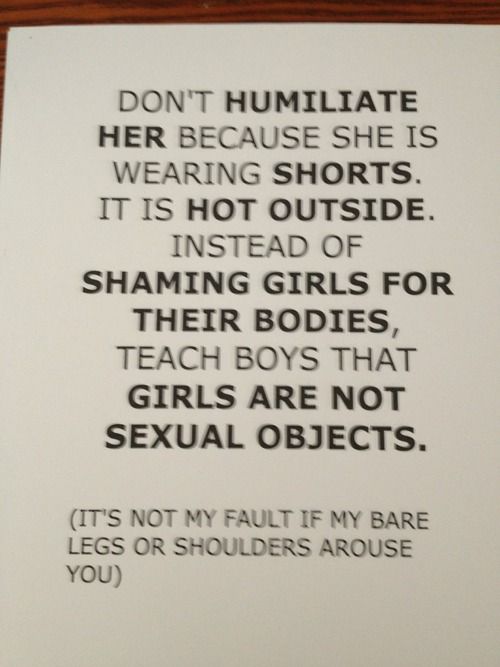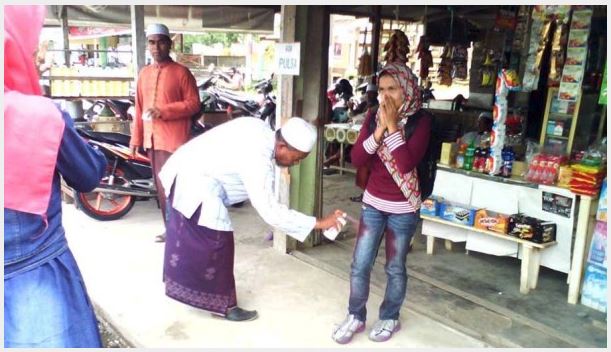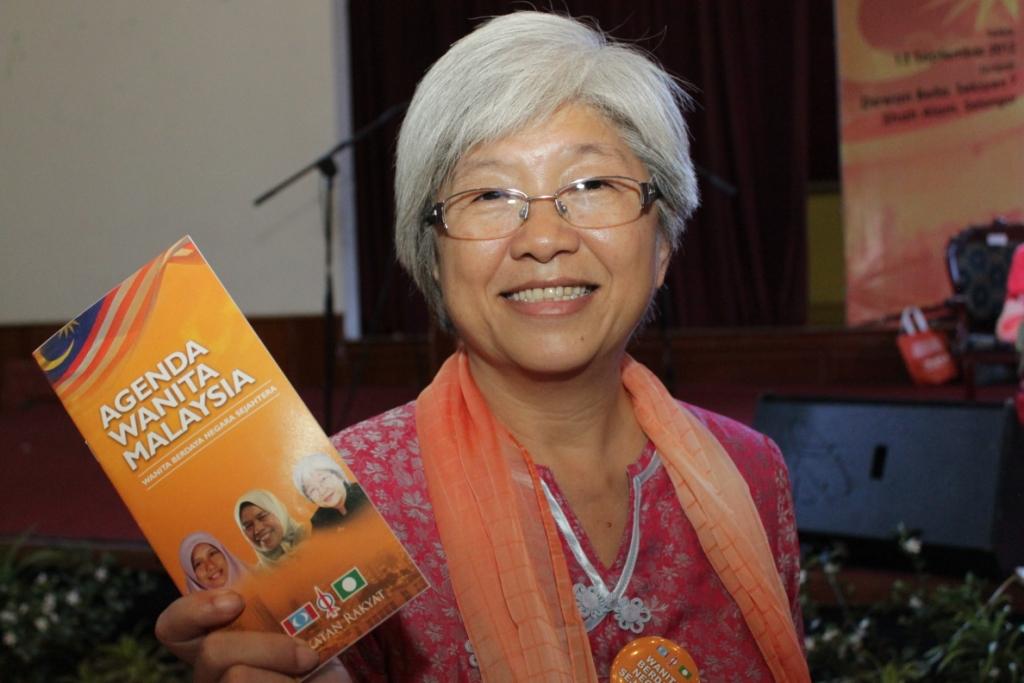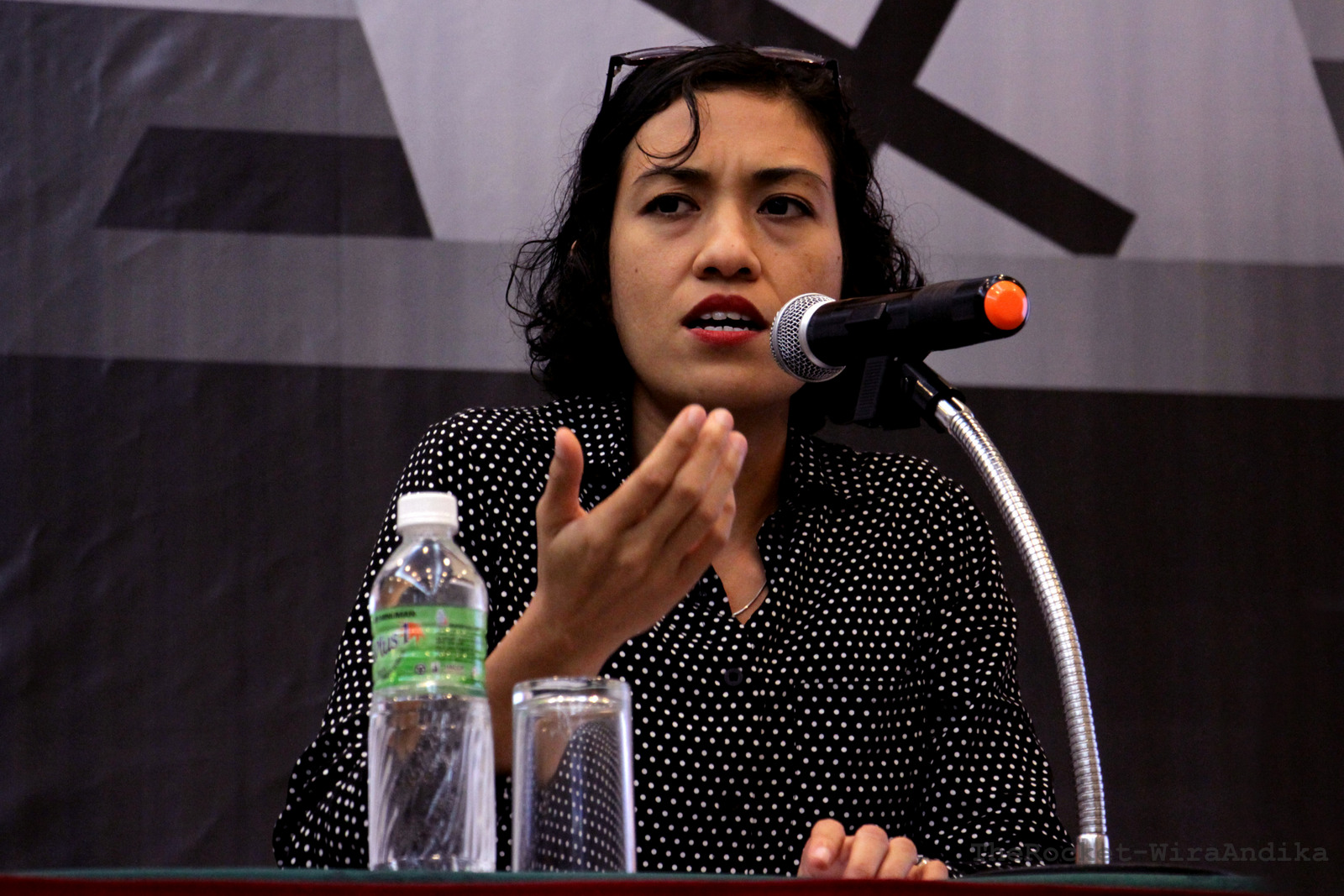By Ralvin Manikam
As Malaysia tries to become a developed nation, recent events remind us that as a nation, we have a long way to go before reaching a mature democracy.
In a case of “one step forward, two steps back”, women’s issues and rights took a backseat when DAP Wanita Chief Chong Eng was questioned by the police yesterday for criticising the Selangor Islamic Religious Department’s (JAIS) for its chauvinistic take on a woman’s modesty.
JAIS, in a Friday sermon, had urged women to cover their ‘aurat’ (modesty) to prevent untoward incidents, such as “evil gazes” and rape.
The department’s statement ruffled numerous feathers, including Chong, who responded by asking for JAIS to be more sensitive and informed about women’s issues.
Chong Eng said that in 2010, 50 percent of rape victims in Malaysia were below the age of sixteen, an assertion that it was not an issue of “who covers more” but more a result of unequal power relationships where the weak are preyed on.
 “In reality, rape involves more complicated dynamics than failure to ‘tutup aurat‘ (cover your modesty). Many clinical and psychological studies have shown that power and anger are the most common motivations for rape.
“In reality, rape involves more complicated dynamics than failure to ‘tutup aurat‘ (cover your modesty). Many clinical and psychological studies have shown that power and anger are the most common motivations for rape.
“Other studies have linked rapists’ behaviours with the intention to humiliate victims – physically, mentally and verbally,” she said.
Some 15 years ago, the tragic murder of computer engineer Noor Suzaily Mukhtar shocked the nation. The 24-year-old was raped and strangled with her own headscarf, and she was dressed modestly in a long skirt.
“Mukhtar is just one of many victims– including infants and children – who were dressed decently at the time of the assault,” said Chong Eng, who is also the Chair of Penang Women’s Development Corporation.
She lambasted JAIS for comparing a woman’s body to a “house” and saying that a woman’s aurat needs to be covered, just like a house needs to be locked up to stop thieves from breaking in.
 Saying that the “simple analogy” reduced a woman’s worth to that of an object or a piece of meat, it presumes that she is a passive piece of property that can be robbed, taken away, and occupied by force.
Saying that the “simple analogy” reduced a woman’s worth to that of an object or a piece of meat, it presumes that she is a passive piece of property that can be robbed, taken away, and occupied by force.
Her criticism was immediately perceived as an insult to religion, and she was hauled up by the police to give her statement.
However, the police and JAIS’s reaction to Chong’s statements show an appalling insensitivity and misunderstanding towards rape and towards women.
Damansara Utama assemblywoman Yeo Bee Yin told The Rocket that there was no statistical proof to back JAIS’s claim.
“There is no empirical evidence to prove that covering women ‘aurat’ would reduce rape cases,” she said.
She disagrees with the Inspector General of Police Khalid Abu Bakar, who condemned Chong Eng in a tweet. Khalid had said Chong Eng did not heed the Royal Malaysian Police’s (PDRM) call to refrain from making sensitive comments that touch on religion.
“The issue is about rape and not about religion,” Yeo said.
Why oversimplify rape?
Penang Island Municipal councillor Syerleena Abd Rashid told The Rocket that JAIS was delivering a wrong message to an all male crowd.
“Why not teach men how to respect women instead? Why oversimplify rape?” she asked.
The JAIS sermon was preached in mosques in Selangor, the state which recorded the highest incidents of reported rape in 2013, numbering 293. It is said that for every incident of rape reported, nine others go unreported.
“We live in a tough time where there is an increase of religious extremism. We need to make sure that evil is not allowed to breed in our country. All rape is crime. It is a vile act to humiliate and hurt women. It isn’t about sex or any gratification.”
She says that JAIS, who comes up with weekly sermons for Muslims has a responsibility to ensure that the right message gets sent across, instead of using “inane and regressive” analogies such as comparing a woman’s aurat to an unlocked house.
Not your moral duty to decide what women wear
 Niqab-clad Melati Rahim, who is the author of the book “Pelacur Kelas Pertama” (First Class Prostitute) says that the idea that covering a woman’s aurat would prevent rape is an assumption made by some.
Niqab-clad Melati Rahim, who is the author of the book “Pelacur Kelas Pertama” (First Class Prostitute) says that the idea that covering a woman’s aurat would prevent rape is an assumption made by some.
“In many cases we have seen even those who cover their aurat also become the victim of rape”.
She says that studies done by psychologists would be more helpful instead of opinions based on fallacies. Even if these fallacies are preached by religious institutions, such as JAIS, criticism should be allowed.
“If religious authorities believe that they are not ma’sum (incapable of error and sin), and the issues touched are merely based on their assumptions, I don’t see why we should not allow criticism,” she says.
She also says that men do not need to be “reminded” about what women should or should not wear, they instead should ask men to avert their “evil gazes” and respect women as prescribed in the Quran.
“Any thinking being would wonder why women’s issues (about clothing) was preached to men,” she said.
 This constant reminder to men about how women should dress in Muslim communities is what drove Tadkiiratul Ummah, a Muslim group in Jakarta Indonesia last December to organise its “campaign of moralisation” where offenders who dressed “immodestly” in jeans which were deemed too tight for Islam were inspected and marked with colour spray.
This constant reminder to men about how women should dress in Muslim communities is what drove Tadkiiratul Ummah, a Muslim group in Jakarta Indonesia last December to organise its “campaign of moralisation” where offenders who dressed “immodestly” in jeans which were deemed too tight for Islam were inspected and marked with colour spray.
They had considered it their “moral duty” to spray women’s pants with indelible paint to shame them in public. These women were also given sarongs (loincloth) to wear over their “immodest” jeans.
Melati, who is against moral policing of women’s attire, says that women should be given space to choose and make their own decisions about the clothes they wear.
“Because if a Muslim believes he or she is accountable to God, how can there be accountability when every decision made was forced on her?” she said.
Melati says she decided to cover her aurat to break barriers between different races, who are wary of those who don the niqab. It had nothing to do with preventing rape.
She, like Chong Eng, Syerleena, and Yeo Bee Yin believe that the factors behind rape should be left to scientific studies and facts, this is a far cry from what the government and authorities seem to endorse, which are the alarm bells of insult and blasphemy. -The Rocket






